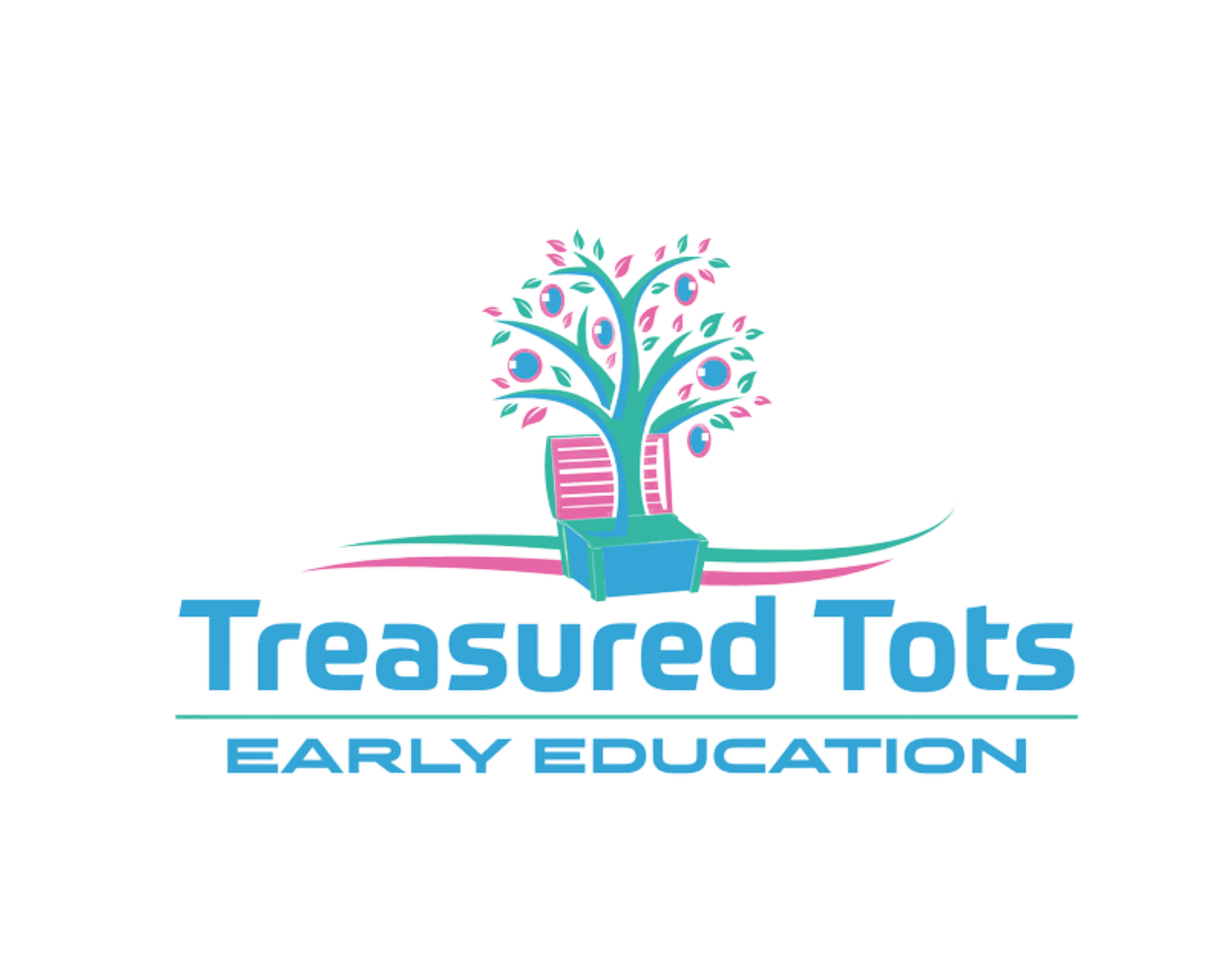Early Childhood And The Benefits Of Friendship
Establishing friendships is a really important aspect of early childhood development as it can have a significant impact on young children’s mental, physical and emotional health.
This article takes a look at the benefits of strong, healthy and rich friendships, how friendships are made during the early childhood years and how parents and caregivers can help and encourage a child to make friends. We also delve into some of the challenges that young children face in establishing friendships and when an intervening hand is required!
Let’s first take a look at the benefits that friendships bring to early childhood development.
Friendships provide valuable context for many different aspects of a child’s early development, including the development of social, emotional, cognitive and communication skills. Friendships are important to a child’s quality of life and help them develop a sense of self as well as feel a sense of belonging, acceptance and security.
A child who is in a caring and nurturing environment is more likely to develop qualities that will enable them to form strong relationships in the future. Things like trust, care, compassion, self-control, empathy, tolerance and appreciation are a necessary foundation for strong friendships and relationships – and the earlier that a child is exposed to these concepts and starts to develop them, the better.
Now let’s look at how young children start making friends.
At first, toddlers tend to play ‘around’ other children rather than play ‘with’ them. As they grow older, and perhaps go to childcare or an early learning centre where they spend more time interacting with other children, the more likely they will learn to ‘play’ well.
Most children are able to name specific friends by the time they are four years old and are able to differentiate those friends from other children whom they simply ‘know’.
Very young children generally don’t understand concepts like sharing and taking turns, but as they play more with others, they will start learning and developing these skills. Some children are also naturally sociable and will make friends readily, whereas a shy child may need more encouragement and ‘practice’.
How parents and caregivers can help children learn about friendship.
You can help your child learn how to make friends as well as learn how to be a good friend.
As a starting point, it’s important not to compare your child with anyone else. Understanding how your young child responds to situations and celebrating their unique social personality will be really helpful in helping them learn to navigate friendships in their own way, and in their own time.
Things that adults can do:
Model good friendship skills. Young children learn by example, will copy your behaviour and they’ll take their cues from the way that you interact with your friends, and the way you talk about them. Avoid gossip, talk about the value and importance of your long-established friendships, demonstrate how much you care for and support them and always keep things positive.
Create opportunities for your child to play with others. The more interaction and playtime that a young child has with other children, the more opportunity they will have to establish meaningful connections. It’s best to keep the playing group to one or two others at first, so as not to overwhelm the child.
Make strategic suggestions. You can ask things like ‘Would you like to play with the dinosaurs or the blocks?’ or ‘Do you (your child) want to ask (the other child) what they want to play with now?’ Praise them when you see them demonstrating skills like sharing or taking turns, remembering to use ‘I’ words. Examples could be : ‘I felt happy when I saw you two sharing’ or ‘I loved the way you helped (your friend)’.
Stay close. You don’t need to be a helicopter, but stay close so that you can intervene if necessary.
What to do when things don’t go to plan.
Part of learning about strong friendships is navigating the good with the not-so-good. Young children can respond impulsively to situations and may even display some aggressive behaviour. Adults need to step in, articulate why that behaviour isn’t OK and guide the children forward in a positive, encouraging way.
It’s not unusual for a young child to play alone, but if you notice that they are being deliberately left out or if they don’t have the confidence to join in, there are things you can do. Start an activity with the child and invite others to join in (eg building a sandcastle). Encourage the child to stand close to others who are playing together and talk to them about what they see. ‘What do you think Jack is building?’ ‘Do you think Emily needs some help with that game?’
Establishing friendships during early childhood is a tricky challenge for young people, but by providing loving support, encouraging communication about difficult situations, being a good role model and providing gentle reassurance, you can help them develop the social skills that are a necessary foundation for making meaningful connections throughout their lives.
For more information contact us or book a tour of any of our wonderful centres in Mandurah, Bibra Lake, Fremantle, Piara Waters, Hamersley, Bennett Springs and Bicton to ensure our management team are available to show you around and answer any questions.

